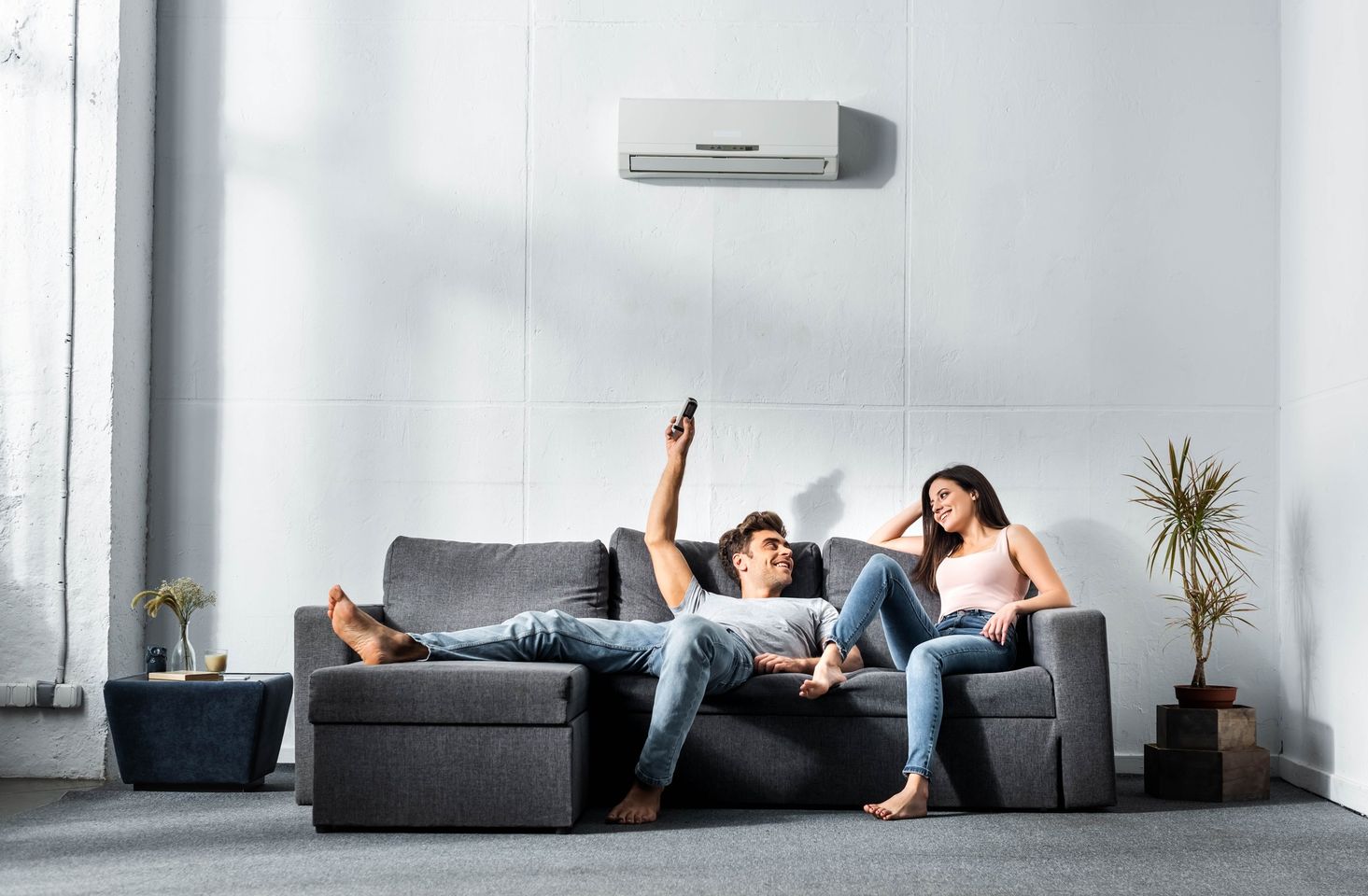Humidifiers are essential devices for improving indoor air quality and enhancing overall health. Especially during dry seasons or in regions with low humidity levels, humidifiers play a crucial role in maintaining optimal moisture levels in enclosed spaces like homes and offices.
One of the primary benefits of humidifiers is their ability to alleviate respiratory issues. Dry air can exacerbate conditions such as asthma, allergies, and sinusitis, leading to irritated airways and increased susceptibility to infections. By adding moisture to the air, humidifiers help keep nasal passages and airways moist, reducing respiratory discomfort and minimizing the risk of respiratory infections.
Additionally, humidifiers promote skin health and hydration. Dry air often results in dry, itchy skin, particularly during the winter months. By moisturizing the air, humidifiers prevent excessive moisture loss from the skin, helping to maintain its natural moisture barrier and prevent issues like cracking and flaking.
Moreover, humidifiers contribute to better sleep quality by creating a more comfortable sleeping environment. Dry air can cause throat and nasal irritation, leading to snoring and disrupted sleep patterns. By maintaining optimal humidity levels, humidifiers help individuals achieve deeper, more restful sleep.
Furthermore, humidifiers can protect wooden furniture, musical instruments, and other sensitive items from damage caused by excessive dryness. Wood tends to warp and crack in low humidity conditions, while musical instruments may go out of tune. By regulating humidity levels, humidifiers safeguard these possessions, prolonging their lifespan.
In conclusion, humidifiers offer numerous benefits for both indoor air quality and personal health. From alleviating respiratory issues and improving sleep quality to preserving wooden furniture and musical instruments, these devices are indispensable for creating a comfortable and healthy indoor environment.



